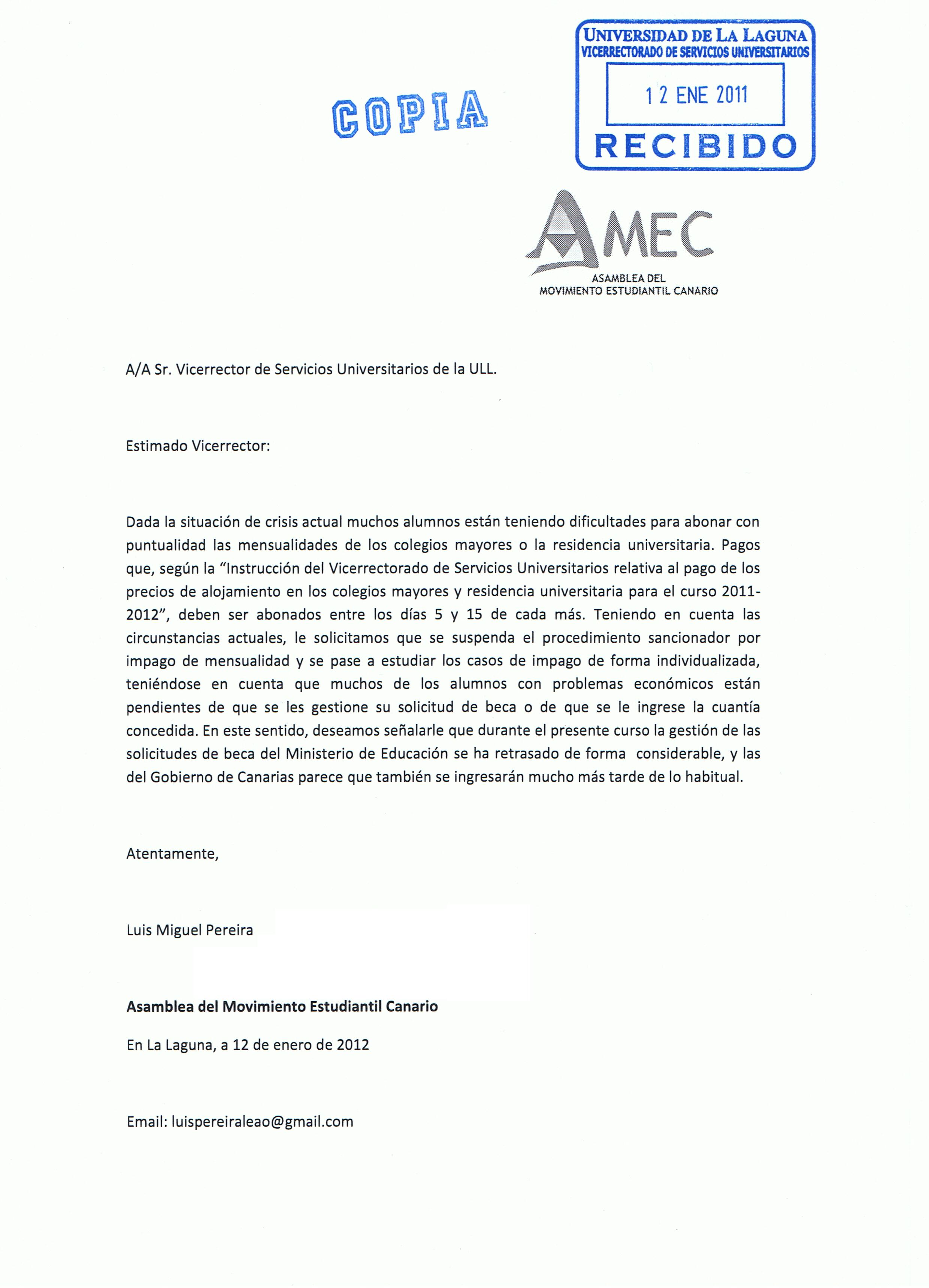 Alma mater is one of the many Latin phrases that we use in our language, since Latin is one of the original sources of Spanish. From an etymological point of view, alma mater means nurturing mother. However, this phrase does not refer to any mother feeding a child. In reality, alma mater is used figuratively and symbolically to refer to the university, the place that nourishes the human spirit and soul.
Alma mater is one of the many Latin phrases that we use in our language, since Latin is one of the original sources of Spanish. From an etymological point of view, alma mater means nurturing mother. However, this phrase does not refer to any mother feeding a child. In reality, alma mater is used figuratively and symbolically to refer to the university, the place that nourishes the human spirit and soul.
The use of this expression was consolidated in the Middle Ages, when the first universities were founded in some European cities (Paris, Bologna or Salamanca are university cities where there are historical testimonies of the alma mater locution). In this sense, it must be taken into account that the university as a center of wisdom and knowledge represented an intellectual revolution and a paradigm shift, since previously the soul of knowledge was found in monasteries.
The literal sense of the expression (a nurturing mother) became over time a metaphorical expression, in which food is knowledge.
Frequent confusion
Sometimes statements such as the following are heard: "the starting striker is the alma mater of the team", implying that said player is the key person in a soccer team. The expression "the alma mater" to refer to a person with a relevant role in a group is incorrect. In the first place, because it should only be used as a synonym for university and, on the other hand, the correct thing is "the alma mater" and not with the article "the". These errors in the use of some Latin phrases and expressions are quite frequent (for example, it should be said roughly and not "roughly").
Latin, a dead language that has not just died
 In a strict sense, Latin as a language is dead, since there is no community of speakers anywhere in the world, just some scholars of this language who have a philological approach related to modern languages. The phrase alma mater serves to remind us that other Latin expressions are still used in the academic sphere (for example, curriculum vitae, magnum opus, cum laude, accesit, honoris causa, and many others).
In a strict sense, Latin as a language is dead, since there is no community of speakers anywhere in the world, just some scholars of this language who have a philological approach related to modern languages. The phrase alma mater serves to remind us that other Latin expressions are still used in the academic sphere (for example, curriculum vitae, magnum opus, cum laude, accesit, honoris causa, and many others).
On the other hand, both in the media and in some specific spheres, Latin still has a significant presence in the language. We say that ad hoc evidence has been presented in a trial, that something is a priori or that a particular case is very sui generis. The conclusion we can draw is obvious: Latin is still alive among us.
Photos: iStock - Christopher Futcher / AscentXmedia









